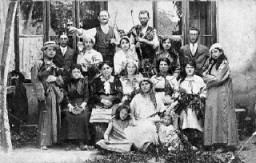You searched for: world war I
<< Previous | Displaying results 1-10 of 533 for "world war I" | Next >>
-
World War I
ArticleThe experiences of World War I and its aftermath would profoundly shape the attitudes and actions of leaders and ordinary people during the Holocaust.
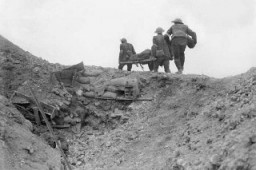
-
Antisemitism in History: World War I
ArticleLearn about trends that developed during and immediately after WWI that brought antisemitism, including its racist variant, into the mainstream of European politics.
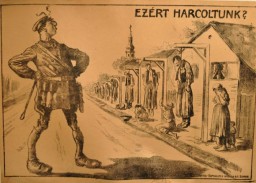
-
World War I: Treaties and Reparations
ArticleAfter the devastation of WWI, the victorious western powers imposed a series of treaties upon the defeated nations. Learn about the treaties and their impact.
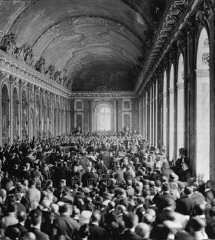
-
World War I: Aftermath
ArticleThe trauma of WWI would profoundly shape the attitudes and actions of leaders and ordinary people during the Holocaust. Learn more about the aftermath of the conflict.

-
World War I and the Armenian Genocide
ArticleMass atrocities and genocide are often perpetrated within the context of war. Learn more about World War I and the Armenian genocide.
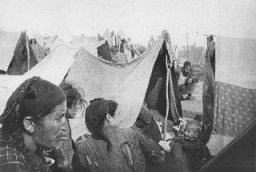
-
Adolf Hitler and World War I: 1913–1919
ArticleLearn about Adolf Hitler's experiences during World War I and his ideological development after the war.
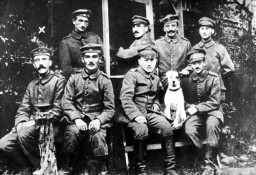
-
World War I and its Aftermath: Key Dates
ArticleExplore a timeline of key events in the history of World War I and its aftermath. Learn about the conflict and its divisive peace.

-
Jewish Community of Munkacs from the Eighteenth Century to World War I
ArticleLearn about the Jewish community of Munkacs from the eighteenth century through the aftermath of World War I.
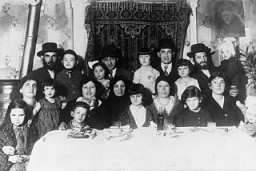
-
History of the Jewish Community in Kalisz: 12th Century to World War I
ArticleOne of the oldest cities in Poland, Kalisz played a pivotal role in Polish Jewish history. Learn about the Jewish Community in Kalisz from the 12th Century to WWI.
